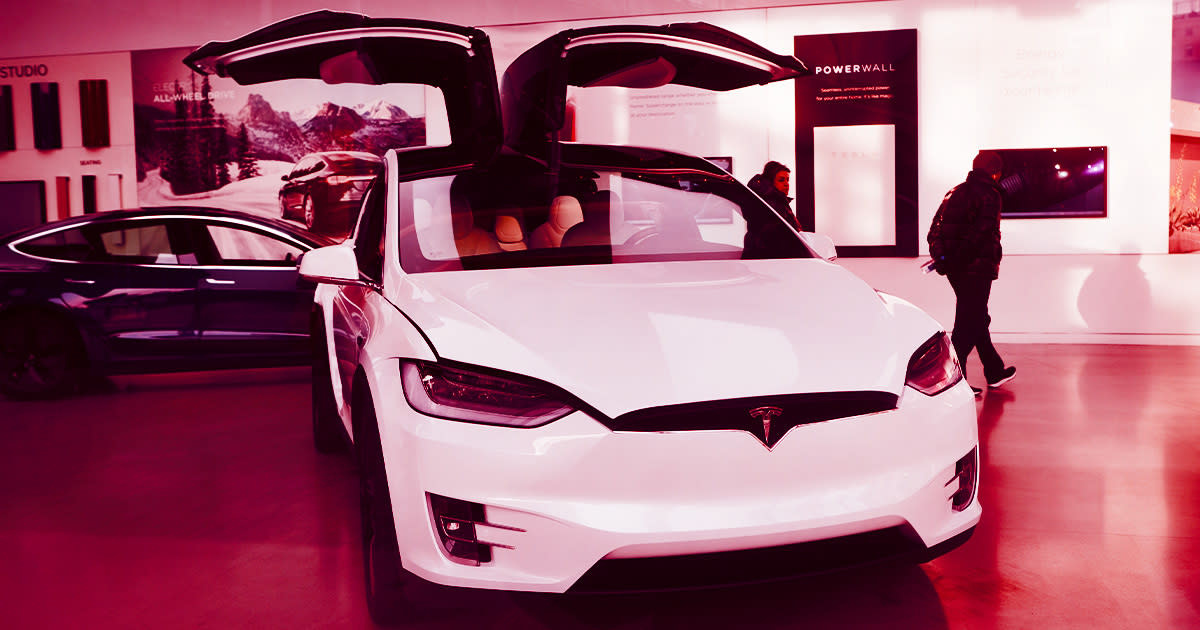Electric Cars Are Twice as Likely to Hit Pedestrians, Researchers Find

Silent But Deadly
An increasing proportion of cars traversing our roadways are electric vehicles or hybrids, which is great for the environment because they produce far fewer harmful emissions.
But according to a recent study in the United Kingdom, they do have a notable downside: electric and hybrid vehicles are more than twice as likely to hit pedestrians compared to vehicles that run on fossil fuels — accidents that become more likely in urban environments.
And the reasons why make perfect sense.
In the paper, published in the Journal of Epidemiology and Community Health, the researchers proposed that these more eco-friendly vehicles are more likely to strike people because their motors are quieter than engines, and any noise they do produce are drowned out in busy towns and cities. (Electric vehicles are increasingly required to emit a sound, but it's unclear to what degree pedestrians have learned to associate the ringtone-esque noises with oncoming traffic.)
In other words, pedestrians may well not be alerted to the vehicles' presence until it's too late.
Road Warriors
The researchers analyzed British traffic safety data from 2013 and 2017, focusing on more than 96,000 pedestrian accidents with cars and taxis.
In the data, 74 percent of the accidents involved fossil fuel vehicles while 2 percent were from electric or hybrid vehicles — reflecting the market dominance of the internal combustion engine.
But when the researchers adjusted for the number of vehicles on the road, electric and hybrid collisions with pedestrians were significantly out of proportion, accounting for double the rate of accidents versus cars that run on fossil fuels.
"Given the damaging impacts of air pollution from petrol and diesel cars, overall electric cars are almost certainly better for our health, but our research shows that more needs to be done to reduce the risk they pose to pedestrians, particularly in noisy urban environments," said London School of Hygiene and Tropical Medicine Professor of Epidemiology & Statistics and first author Phil Edwards in a statement.
To make pedestrians aware of electric or hybrid cars, Edwards proposed a public awareness campaign or "new technologies such as autonomous emergency braking."
For a possible future study, the researchers proposed examining the age of people driving electric and hybrid vehicles to see whether age or a lack of experience behind the wheel is a factor in these accidents.
Meanwhile, perhaps, everybody crossing the road — whether motorist or pedestrian — should be more careful.
More on electric vehicles: Scientists Say Quantum Tech Will Charge Electric Cars as Fast as Gas Ones


